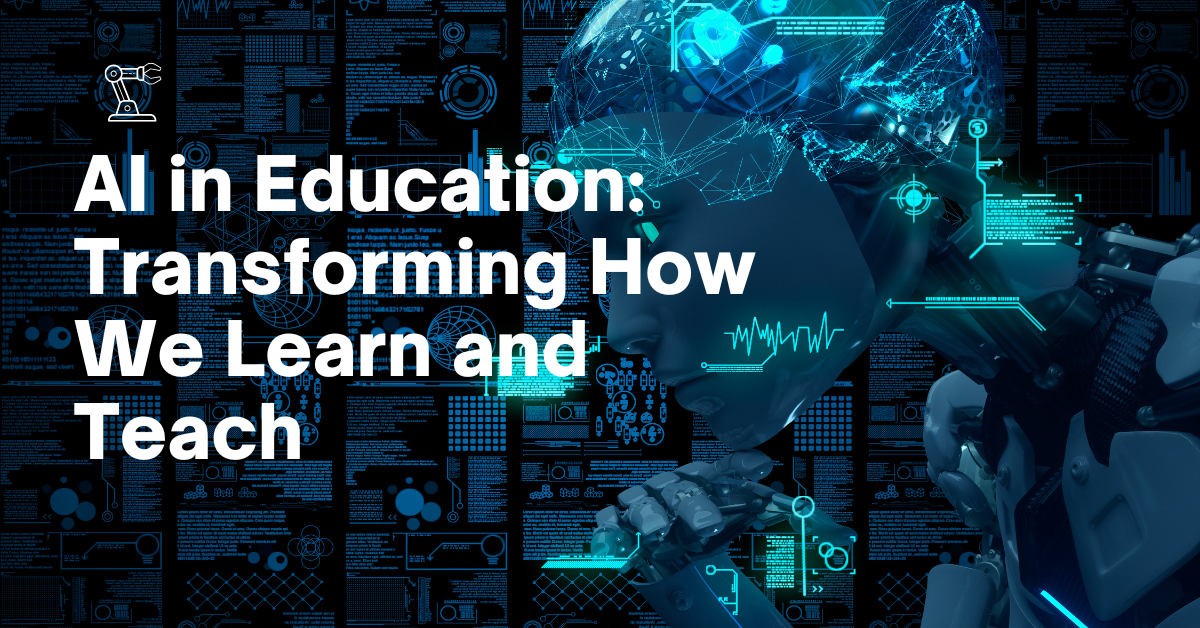How AI Is Reshaping the Future of Education
Have you ever wondered how technology could transform the way we learn? Artificial Intelligence (AI) is no longer a futuristic concept; it’s a game-changer reshaping education as we know it. From personalized learning experiences to smarter administrative systems, AI is making waves. Let’s dive into how AI is revolutionizing the classroom—and beyond.
Personalized Learning: Tailored Just for You
Imagine having a tutor who understands exactly how you learn best. That’s what AI-powered platforms offer. Traditional classrooms often struggle to meet every student’s unique needs, but AI tools can analyze your learning style, strengths, and areas where you need a little extra help. Platforms like adaptive learning software adjust task difficulty in real-time, keeping you challenged but never frustrated. It’s like having a study buddy who really gets you.
AI Tutors: Your 24/7 Learning Sidekick
Ever wished for a tutor available anytime you have a question? Enter AI-driven tutoring systems. These virtual tutors use natural language processing to answer your questions and guide you through complex topics—whether it’s math, history, or learning a new language. Platforms like Khan Academy and Duolingo make it easy to learn at your own pace, putting you in control of your education.
Streamlined Admin Tasks = More Teaching Time
Teachers often juggle countless administrative tasks. AI is stepping in to lighten the load. Grading papers, tracking progress, and scheduling—these are just a few areas where AI shines. Tools like Turnitin not only check for plagiarism but also provide detailed feedback, saving time and improving the quality of education. For educators, this means more time to focus on what truly matters: teaching.
Breaking Barriers: Education for Everyone
AI is making learning accessible to all. Speech-to-text tools, screen readers, and translation software ensure that students with disabilities or language barriers can fully participate. AI even tailors learning experiences for students with special needs, creating opportunities for everyone to thrive.
Data Insights: Predicting Success
What if you could predict when a student is struggling before they even realize it? AI can analyze data to identify patterns and trends, helping educators intervene early. Predictive analytics flag students at risk of falling behind or dropping out, enabling timely support. Plus, AI helps refine teaching strategies by showing what works and what doesn’t.
Challenges We Need to Address
Of course, AI isn’t without its challenges. Concerns about data privacy, algorithmic bias, and losing the human touch in education are valid. As we integrate AI into classrooms, it’s crucial to ensure that tools are fair, transparent, and used responsibly.
The Future of Learning
The possibilities for AI in education are endless. Imagine classrooms enriched with virtual and augmented reality, where students can explore historical events or scientific concepts hands-on. AI will also play a vital role in lifelong learning, helping people upskill and adapt to a changing job market.
So, what’s next? As AI continues to evolve, it’s reshaping education into a more inclusive, personalized, and effective system. But we must navigate its challenges wisely to ensure it benefits everyone.
What are your thoughts on AI in education? Share your experiences or ideas in the comments below. Let’s shape the future of learning together!




